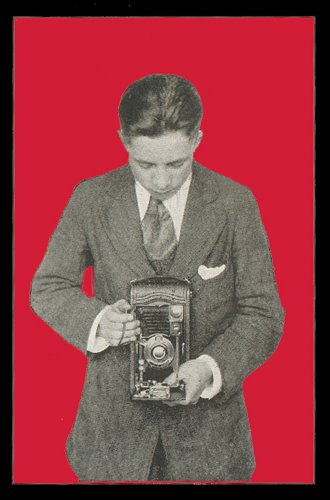Up and Down with Lester Young
"This mature tragic awareness is what distinguishes Lester in the fifties from Lester in the thirties, and with the advantage of hindsight it's easy to understand how the magical, buoyant optimism of the early years could not last, given the man Lester was and the society he lived in." -Graham Colombé, from Time and Tenor: Lester Young in the Fifties
Lester Young's post-war recordings have been widely disputed among historians and jazzbos as being sub-par or lacking the punch of his earlier recordings as a soloist with Basie's big and small bands. I've never quite understood this. "What happened?" you may ask. Well, life happened, and as an artist this is clearly reflected in his work.
Here are the facts:
Lester Young, a touring musician in his prime, at the age of thirty-five was pretty much plucked off the bandstand during a three month engagement at a club in Watts by an undercover agent in a Zoot Suit, and forced to enlist in the Army in the waning days of World War II. Lester--who in addition to being past the prime age of a soldier, was a chronic alcoholic, epileptic and syphilitic, spoke in a strange tone and language of his own design, walked on tippy-toes and was by nature a pacifist--was clearly not fit to serve in the Army.
Uncle Sam and the draft board thought otherwise.
After injuring himself during assault training and spending a short time in an Army hospital, Lester was examined by an Army psychologist, who deemed him to be in a "constitutional psychopathic state manifested by drug addiction (marijauna, barbituates), chronic alcoholism and nomadism" In short, he a was a touring Jazz musician, and in this case, an eccentric genius who was on a very short list of the greatest soloists in American music.
Things, however, went from bad to worse and after a series of events, Lester was court-martialed and spent the duration of WWII in detention barracks in Fort Leavenworth, Kansas, and eventually in the deep south at Camp Gordon in Georgia, another place which he clearly was not fit to be.
Dave Gelly writes in his excellent book, Being Prez: The Life and Music of Lester Young, "He rarely spoke about it, beyond describing it as 'one mad nightmare.' One can only imagine what torture it was for him, a soft, slow moving man, condemned to a world where everyone shouted and all movement had to be at the double. It is said he was beaten up on several occasions, either by white guards or black fellow- prisoners." Lester was incarcerated until late 1945, and upon release came out swinging, yet, a changed man. He returned to Los Angeles, where he began recording again for Philo/Aladdin and eventually in the early fifties for Mercury, under the supervision of Norman Granz.
These late recordings, in my opinion, (as unpopular as that may be) are some of the most beautiful things ever committed to wax, and especially in his ballads, in particularly, "These Foolish Things" for Aladdin and "Polka Dots and Moonbeams," for Mercury (featured below) there's a far greater emotional depth than in his earlier recordings. They are among the few things in music that can actually bring me to tears, and are the recordings of a man embarking on a difficult and final decade of a life lived in music. It's the last stop for a mature and seasoned artist, whose life is slowly slipping away from him. By the end of the fifties he'll be dead.
August 27th was the 101st anniversary of Lester Young's birth.
Download:

"Polka Dots and Moonbeams" mp3
by Lester Young Quartet, 1950.
available on Complete Lester Young Studio Sessions on Verve

"Up "N Adam" mp3
by Lester Young Quartet, 1950.
available on Complete Lester Young Studio Sessions on Verve

"Down 'N Adam" mp3
by Lester Young Quartet, 1951.
available on Complete Lester Young Studio Sessions on Verve

"A Foggy Day" mp3
by Lester Young Quartet, 1951.
available on Complete Lester Young Studio Sessions on Verve

"Three Little Words" mp3
by Lester Young Quartet, 1951.
available on Complete Lester Young Studio Sessions on Verve











4 comments:
tragic and beautiful.
Nice to see Hank Jones here. I've always loved that 50s vintage album of LY with Oscar Peterson. Lester plays beautifully. I think you've successfully proven the accepted wisdom (that Prez no longer had it) wrong. Thanks!
This comment is actually about one of your photographs, Ted: There are so many stories to be imagined in the recent East Village photo.
Now, I'm sorry, but it seems that I forgot to thank you at the time for this great Lester Young post.
Wow, I'd never heard these before. Thanks.
Post a Comment